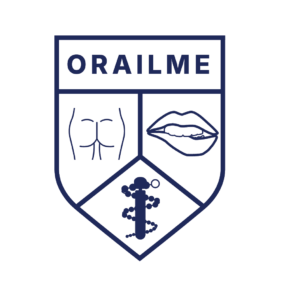Provost Charles Phelps is in the middle of a worsening battle between American colleges and the motion picture and recording industries. The battle focuses on the responsibility of colleges and universities to prevent their students from illegally downloading copyrighted materials. And, while his position is something that he simply fell into, he likes his role.
“It was like a rolling ball I guess,” Phelps said.
“I just paid attention and stayed informed on these issues more than most presidents and provosts. I just kind of became the expert.”
Earlier this year, the American Association of Universities, which is made up of representatives from the top 64 research institutions in the country, decided to form an advisory committee of university administrators and industry representives to examine the file-sharing issue.
Phelps was asked by a committee to a smaller sub-committee that will examine the role technology can play in the issue.
“There is a big gap between the technologies we would like and what they would like,” Phelps said. “The big chasm comes with one word — content.”
The industry’s officials would like universities to utilize technology that searches for and prevents specific digital fingerprints from being traded, something Phelps is decidedly against.
“That involves reading your mail — something we shouldn’t have the right to do,” he said. “Besides, that’s a fruitless activity anyway.”
It would be a fruitless activity, according to Phelps, because fingerprints would be destroyed either by file compression or file sharing programs like KaZaa that download different parts of a file from different locations.
One can understand, however, why the movie industry is concerned.
On average at UR alone, Phelps said that the equivalent of 2,000 DVDs a day are uploaded to the outside world. The music and movie industries says they lose millions of dollars yearly beacuse of lost revenue due to illegally traded files.
The industry “has a big problem,” Phelps said. And, colleges “may be just a finger in the dam [because] their problem will get worse as more and more people get faster Internet connections.”
That doesn’t mean that colleges aren’t against trying to stop illegal file-sharing, they just have different concerns.
“[The industry’s] problem is to solve their copyright infringement, our problem is to reduce our bandwidth usage,” Phelps said.
Phelps said that that the amount of files uploaded — presumably illegally — at colleges was hindering their academic mission because it was preventing legitimate use.
His subcommittee, which will meet several times this semester with a goal to have a report in April, will examine different upload monitoring schemes and use-fee pricing structures add different schools to see what works.
“We have a lot of options, we’re just looking for the best answer,” he said.

